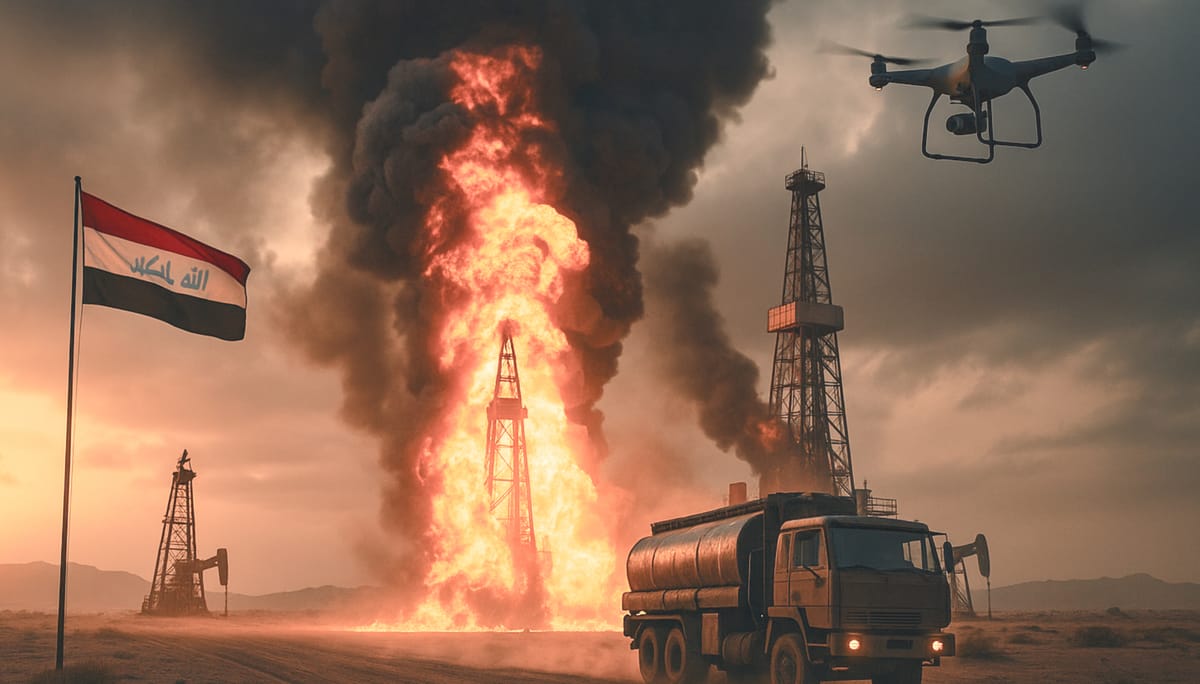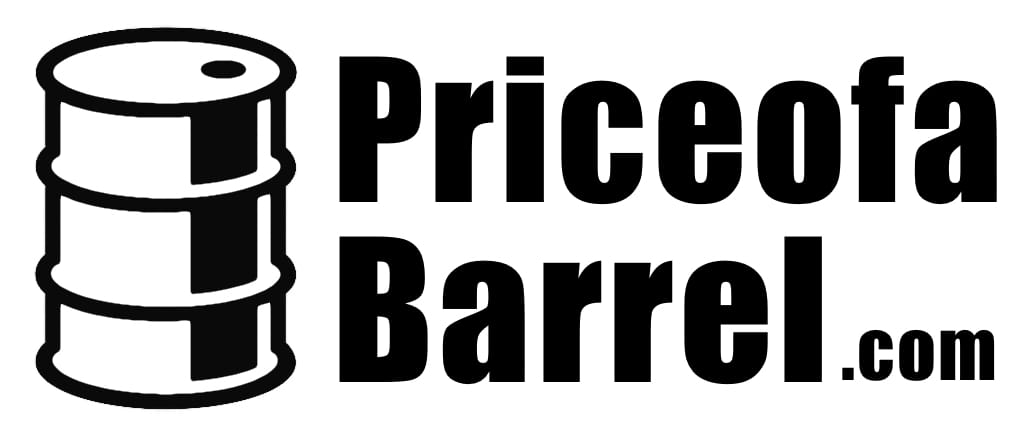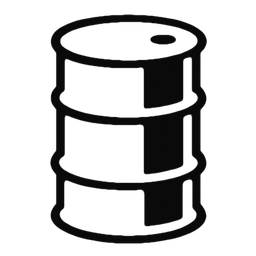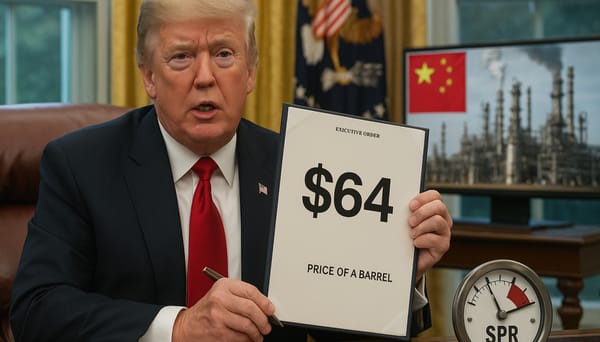200,000 Barrels Shut In as Drone Strikes Target Oilfields Across Iraqi Kurdistan
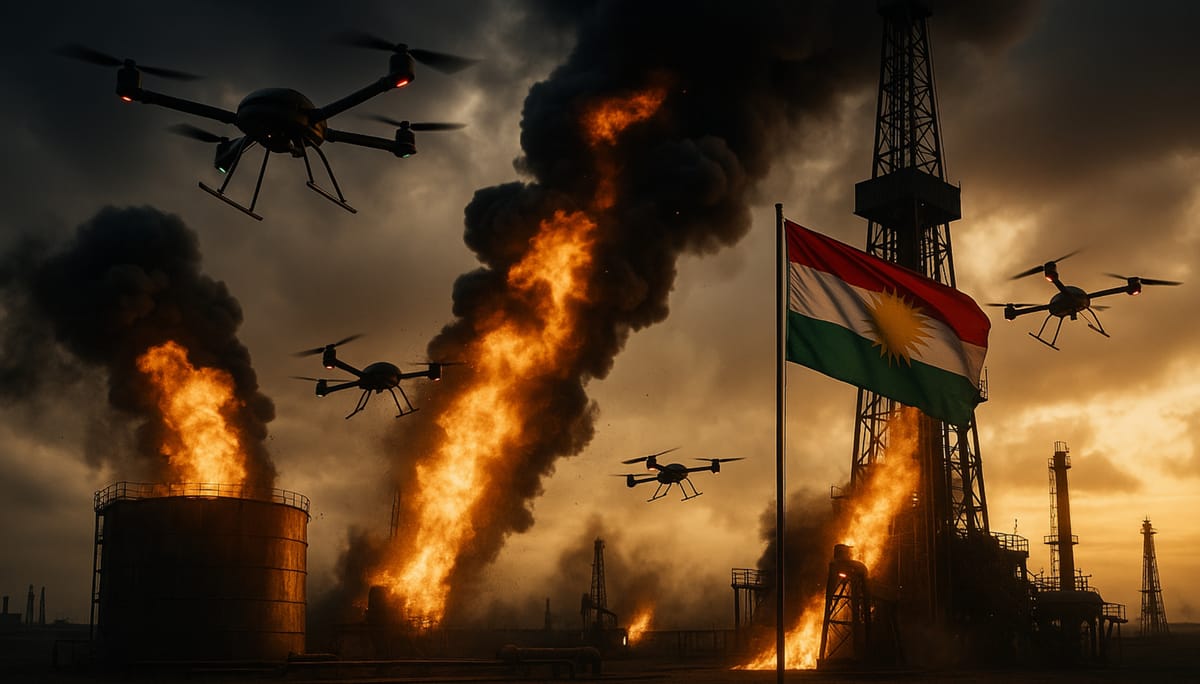
Erbil, Kurdistan — an estimated 150,000-200,000 barrels per day of oil has been shutdown after a wave of drone attacks on oil facilities in Iraq’s Kurdistan oil sector.
🗣️ “The Kurdistan Region has lost nearly 200,000 b/d after drone attacks by criminal militias on Baghdad’s payroll. Five oil fields hit — two US-operated. This is a campaign to strangle us" — says Aziz Ahmad, deputy chief of staff to Iraq's Kurdistan regional government PM
🗣️ "Following the strikes, the operators are assessing damage to production and other field facilities. The majority of APIKUR member companies, including those not targeted, have announced suspension of production totaling over 200,000 barrels per day" — Association of the Petroleum Industry of Kurdistan, APIKUR condemns attacks on oil fields
The strikes hit key assets including those operated by DNO and Hunt Oil, across Sarsang, Khurmala, Tawke, Peshkabir, Shaikan, and Ain Sifni — marking the third coordinated assault this week in a region already under U.S. scrutiny for illicit oil smuggling to Iran.
Reuters reports that Sarsang—the HKN-run field—was hit Tuesday morning, halting output just hours after U.S. officials signed a development deal for Himreen field . On Wednesday, DNO suspended production at its Tawke and Peshkabir fields following three drone strikes, while Hunt Oil’s Ain Sifni field in Dohuk was also targeted.
🔥 Why It Matters
- Middle East risk and constraints on Kurdish exports threatens further volatility in the oil market.
- Targets have included US companies, with the deputy chief of staff to Kurdistan regional prime minister, Aziz Ahmad, calling for the US administration to enable the region "to defend ourselves"
"Still no call from [US secretary of state Marco Rubio]," Ahmad posted. "We need more than words." - Operations cut in a fragile region: Iraqi Kurdistan accounts for about 285 bpd of production—more than two-thirds of which is now suspended
- Smuggling tensions escalate: The U.S. government has repeatedly warned Baghdad against Kurdish oil smuggling to Iran via truck convoys, linking export leverage to illicit flow controls.
The KRG has accused Iran-aligned militia proxies of orchestrating the strikes; though no one has claimed responsibility, Kurdish security officials point to drone origin zones aligned with Iran-backed militias.
🛢 Market Implications
- Supply squeeze looms: Reuters warns that sustained field closures could further tighten global balances, especially if southern Iraqi output struggles to compensate.
- Risk premium rises: Traders are likely to push some of the disruption into Brent’s forward curve, making ~$85+ scenarios more plausible.
- OPEC+ dynamics: With output surging from OPEC+, markets may see this as offsetting—but geopolitical premiums can override pure supply-demand fundamentals.
📌 Bottom Line
Drone strikes in Iraqi Kurdistan are more than headline fodder—they’re a chilling reminder that regional volatility can cut global oil flows overnight. With key fields offline and U.S.–Kurdistan tensions flaring, the market is watching:
- How long are shutdowns?
- Will Baghdad tighten control over smuggling?
- Will OPEC+ offset real-time disruptions?
Until stability returns, expect elevated price swings and premium volatility in Brent and WTI—especially if southern flows can’t pick up the slack.
Find out more:
